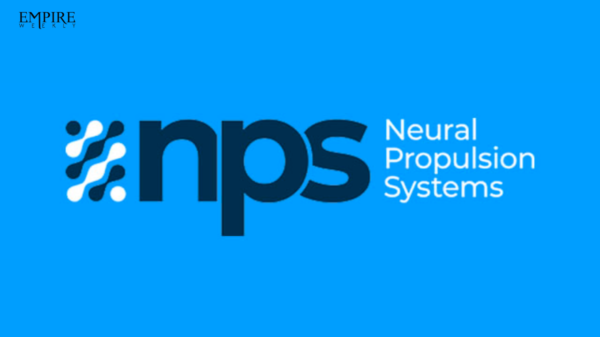Here are some basic business terms one should know. Learning these business terms will improve your communication and understanding in the corporate world.
General Business Terms

- Ballpark: An estimate
- Cash Cow: A cash cow is a mature slow-growth industrial company or business unit. Cash cows account for a significant portion of the market and require little investment. A good example would be Apple.
- Run with it: Accepting or adopting something and putting it into practice with zeal.
- Belly Up: Refers to a business organization that is ruined financially.
- In the red: Usually in accounting, outgoing funds are written in red ink. So when a company has a huge amount of debt it is said to be in the red.
- B2B/B2C: B2B stands for business to business, it refers to a trade conducted between two businesses whereas B2C stands for business to customer and refers to a trade conducted between a business and a customer.
- Best Practice: The most efficient method of performing a task.
- Collateral: Something given as security for the loan that will be forfeited if the borrower defaults.
- Bankrupt: A person when declared by law, that he cannot pay his debts.
- Turnover: Simply means the sales of the organization.
Finance Terms

- Balance Sheet: A balance sheet is a financial statement that shows a company’s assets and liabilities at a certain point in time. In a balance sheet, Assets = Liabilities. + Equity
- Capital: Refers to the money bought into the business through debt( Loan) or through equity (Owners funds).
- Equity: The amount of capital invested by the owner of the company
- Debt: Money borrowed by the organization from someone other than the owner.
- Leverage: The ratio of debt in the capital of the company. Higher the debt, higher the leverage.
- EBIT: Stands for earning before interest and tax. Also referred to as operating profit or profit before interest and tax.
- Cash Flow Statement: Is a detailed statement showing the amount of cash entering and leaving the company. Accompanies the Balance sheet and Income Statement in an annual report.
- Variable Cost: Costs that vary according to the amount of output. If the company does not produce any goods the variable cost will be zero.
- Fixed Cost: Costs that do not vary according to the amount of output. A company will have to pay costs like rent and salary even if the level of production is zero.
- Share: A share refers to a share in the share capital of a company. It represents the ownership in the company equal to the amount of the face value of the share.
Human Resource Terms
- Benchmarking: Comparing the actual performance with a set standard.
- Bumping: A practice of giving a senior employee who is about to be eliminated from a position another position in the same company to retain the knowledge and experience of the employee within the organization.
- Exit interview: An interview set between a leaving employee and the management to understand the reason for leaving the organization.
- Succession Planning: This is the process of establishing long-term requirements and developing an internal talent pool to meet those requirements. It aids in the identification, evaluation, and development of individuals who are critical to the organization’s strategy.
- Pay Slip: Every month, after paying the employee’s wage for the services done during the month, the employer gives them a receipt.
- Severance Pay: A severance package is a set of salary and perks that employees may be entitled to if they quit a job involuntarily.
- Trade Union: A group of employees who have banded together to achieve common goals such as preserving the integrity of their craft, raising safety standards, and obtaining better wages and benefits.
- Change Management: The process of sharing information regarding organizational changes, such as new mission or policy updates, new hiring or terminations, leadership and management changes, new workplace tools, and so on.
- Growth Mindset: The concept that people are not born with a fixed set of skills, but rather may learn and earn new ones.




































